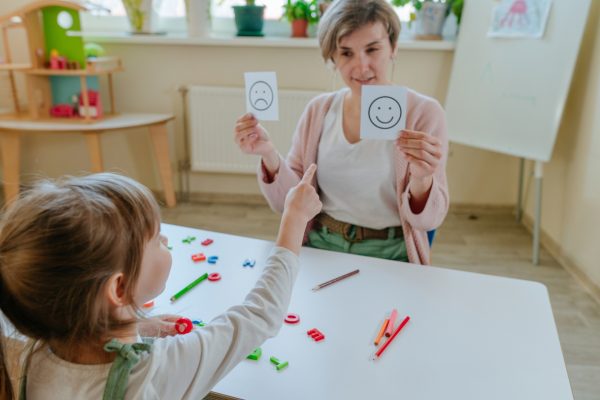
Swimming lessons and the NDIS – are they funded?
By Rebekah Devlin
Swimming lessons fall under parental responsibility
The NDIS also does not agree with funding private classes for children, as they say this takes away opportunities for participation in group activities.
The NDIS has been known to fund the difference between group classes and private classes in special cases, but in recent years, these requests also seem to be getting knocked back.
Swimming and safety advocates are urging the NDIS to reconsider its stance.
“Some children need one-on-one lessons – sometimes just initially, to get them comfortable in the water and the lesson environment – or in some cases, private lessons are the best option ongoing,” says CEO of JUMP! Swim Schools, Mark Collins.
“We really hope this is something that is reviewed by the NDIS given learning to swim is a life-saving skill that every child needs to have, regardless of the challenges they face.”
Teaching the Teachers
Royal Life Saving, in partnership with Autism Spectrum Australia (Aspect), has recently released a new online module aimed at improving swim teachers’ knowledge and skills when it comes to swimming lessons for autistic people.
TOPICS INCLUDE:
• Understanding what autism is, and what it isn’t.
• Identifying the strengths, interests, characteristics and behaviours of neurodiverse people and better understanding how they may think and learn.
• Understanding the relationship between autism, water, swimming and drowning prevention.
• Preparing lessons or programs tailored to individual participants.
• Preparing for and managing behaviours you may experience when teaching .
• Utilising a range of strategies and techniques during lesson delivery.
To find out more information about the module, or other professional development offerings, contact your local Royal Life Saving office.







